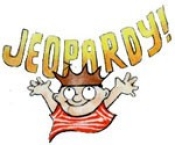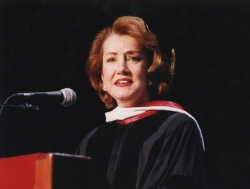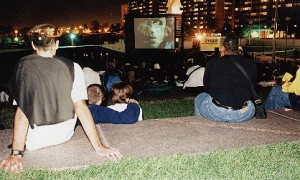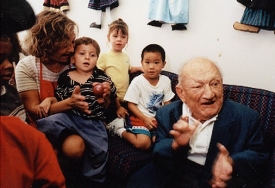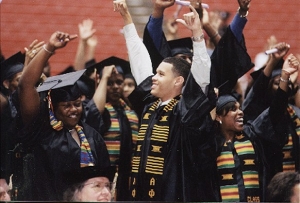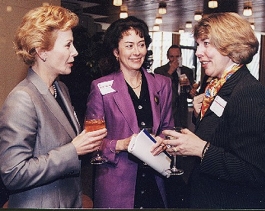The answer is . . .
The category: "Common Bonds." The answer: "Capistrano Swallows, undeliverable mail and 'Jeopardy!' champs." The question: "What are things that come back?"
And come back he did. "Jeopardy!" fans saw Dave Abbott, CCM '79, return to the $100,000 Tournament of Champions last year to win it all.
An attorney for General Electric, Abbott credited his UC-derived background in music for helping him to play through mistakes--whether playing the tuba in front of a small audience or "Jeopardy!" in front of millions of viewers.
Abbott qualified for the annual championship after winning on five consecutive nights. He barely clinched the championship round after gambling his entire earnings in the final round and writing the correct question to this answer: "Around 1850, it used a fleet of over 700 ships; by 1930, this U.S. industry was practically defunct." Question: "What is whaling?"
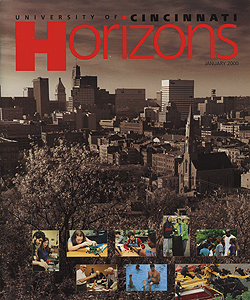
 Past Issues
Past Issues